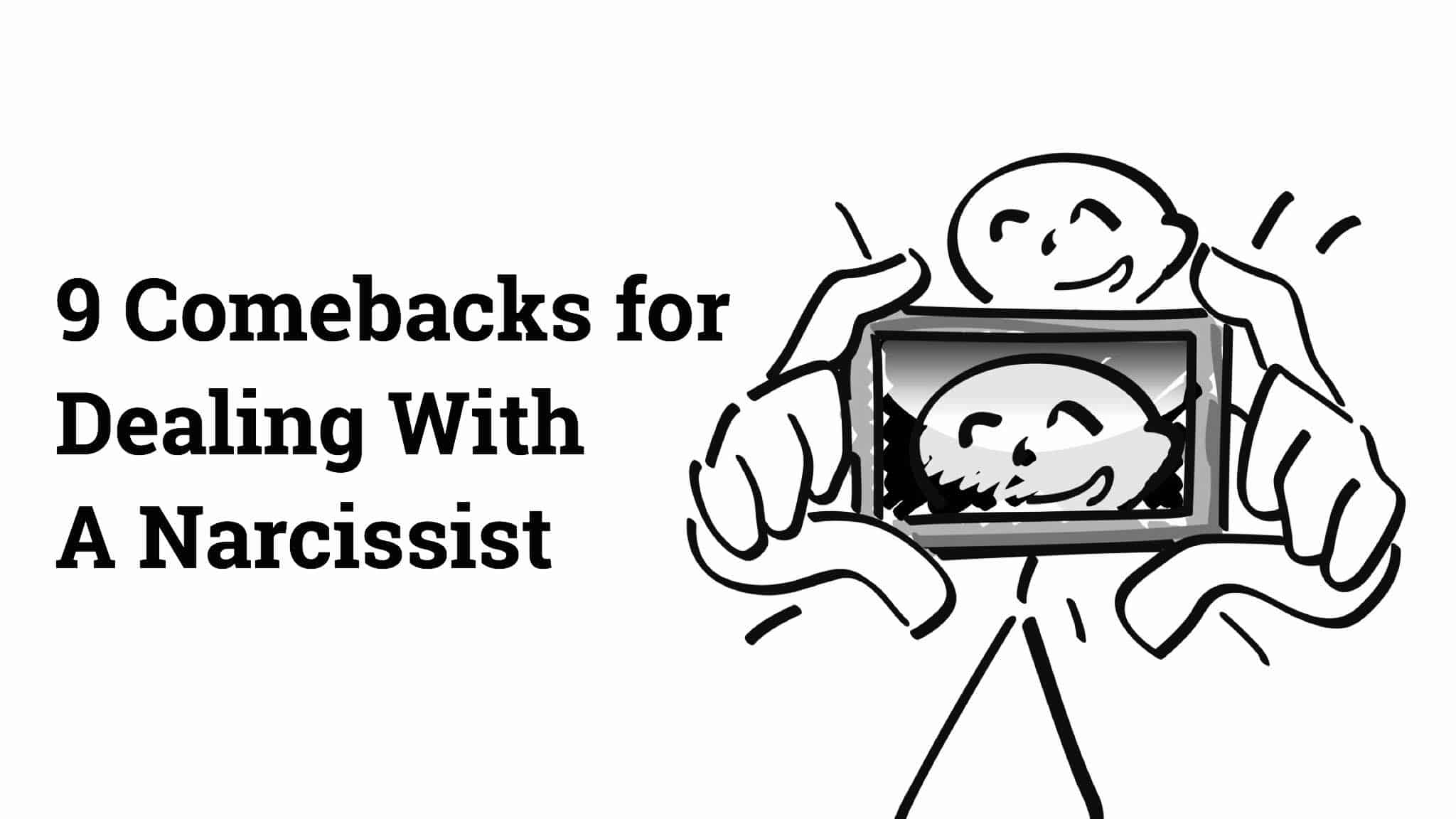Few personalities are as enigmatic and potentially damaging as the narcissist. Often charming, charismatic, and seemingly confident, narcissists can initially appear as the life of the party or the ideal partner. However, beneath this enticing facade often lies a web of manipulation, lack of empathy, and a hunger for admiration that can leave those in their wake feeling used, confused, and emotionally drained. Recognizing the early signs of a narcissist trying to enter your life can be the key to safeguarding your emotional well-being.
Here’s why:
“They subconsciously deny an unstated and intolerably poor self-image through inflation. They turn themselves into glittering figures of immense grandeur surrounded by psychologically impenetrable walls. The goal of this self-deception is to be impervious to the greatly feared external criticism and to their own rolling sea of doubts.” ~ Elan Golomb, Trapped in the Mirror.
Character Traits of a Narcissist
Here’s an interesting experiment to try if you are so inclined (and can actually stomach it):
Read the news or watch a reality television show. Count how many times you see or read anything on:
– Materialism
– Selfishness
– Egotism
– Manipulation
– Deception
Finally, evaluate your thoughts and feelings. Write them down if you so choose.
Most likely, you’re feeling a sense of anger, confusion, and maybe even pain. This infusion of bewildering emotions is commonplace for someone when targeted by a narcissist.
If you’re courageous, watch some political news channel for a couple of hours.
(On second thought, forget the last.)
On a more serious note, narcissism influences society to a far greater extent than we’d think.
Take a look at the nausea-inducing celebrity scene.
A well-known show about a family called “The K Family” focuses on a dysfunctional celebrity family and has been lambasted by viewers and critics alike.
Laura Burrows of IGN writes:
“Those of us who watch this show … want to believe that these whores of attention have souls and would actually do something for their fellow man and not reap the benefits of their service, but (seasons) worth of self-absorbed egocentrism speaks to the contrary.”
“This show illustrates (the United States) moral, spiritual, and cultural decay,” says Jessica Chasmar of The Washington Times.
Sounds like a failed endeavor, right?
Nope.
In fact, it was once the highest-rated program of viewers between the ages of 18 and 34 in the U.S.
I’ll give the “K Family” credit, however, they’ve helped set the tone for the rest of the article.
Perhaps nobody on Earth exhibits narcissism quite like the Brady Bunch from Hell.
“Where do I come in?”
You’ve likely met a “Kim K.” once or twice in your life. But just in case you aren’t sure, here are seven signs a narcissist may have snuck into your life.
7 Signs You Have A Narcissist In Your Life
1. They starve for attention.
Just like ‘K’ the bunch, narcissists (or near-narcissists) often reveal themselves with their constant need for attention.
Think of a semi-truck; the kind we Westerners seem to get stuck behind whenever we need to get somewhere. These massive heaps of metal require some serious fuel.
Same goes for a narcissist’s ego. Except that their fuel: (a) comes in the form of attention, and (b) is never truly ‘filled.’
2. They shape-shift
Do you remember Stretch Armstrong? The ridiculously large, gel-filled action figure that can be molded into pretty much any position? (Yes, they’re still around, believe it or not!)
That’s what narcissists do. They’ll contort themselves in a seemingly countless number of ways in order to get what they “deserve.”
3, They’ve got a crazy sense of entitlement
Do you remember ever seeing a television show called “Sweet Sixteen?”
In case you haven’t had the (dis-)pleasure, the show revolves around a spoiled about-to-turn 16-year old whose (failed) parents are about to throw her a birthday bash.
One father mentioned that the Range Rover his daughter liked was used.
Her reply? “EW!” So her Daddy got her a new one.
Apple never falls far from the tree?
4. They exaggerate the truth.
Though a narcissist may appear confident on the surface, they’ve got a fragile sense of self-esteem. We’d feel bad for them – if they weren’t perpetual liars.
Ronald Zarella, the former CEO of Bausch & Lomb, claimed he held an M.B.A. (Masters of Business Administration) from prestigious New York University. He, in fact, held no such degree – or any credential – from NYU.
His punishment? Continuing to earn a multi-million dollar salary after the company refused his resignation. (Apparently, company Boards are littered with narcissists too.)
5. They don’t acknowledge reality.
Narcissists literally refuse to look at and accept reality.
It isn’t uncommon to confront a narcissist with irrefutable evidence of their shady character only to have them try and blame someone else for it – maybe even you.
Does anyone else remember when Saddam Hussein stood trial for his war crimes? Numerous accounts attested to the former dictator’s outright refusal to accept the harsh reality that his destructive regime inflicted.
Predictably, Saddam – who insisted he was unlawfully overthrown and was still the leader of Iraq – was found guilty and sentenced to death.
This distortion of reality is a hallmark of narcissistic behavior.
6. They ignore boundaries and defy standard conduct.
Many narcissists enjoy getting away with violating boundaries, rules and social norms. In the everyday world, it’s commonplace to witness possible narcissists intrude personal space, disobey laws, break appointments, and negate promises.
The well-accepted social construct – respecting others and doing no harm – simply doesn’t apply to narcissists.
7. They inflict emotional pain more than anything else.
Though some narcissists are capable of physical abuse, their real calling card is abuse of the emotional and psychological variety.
Indeed, narcissists derive a sick sense of pleasure from arousing negative emotions from others. When confronted, narcissists will steadfastly deny their behavior.
It makes complete sense, yes? After all, they’re always right; so why should they answer to anyone?
















 Community
Community

